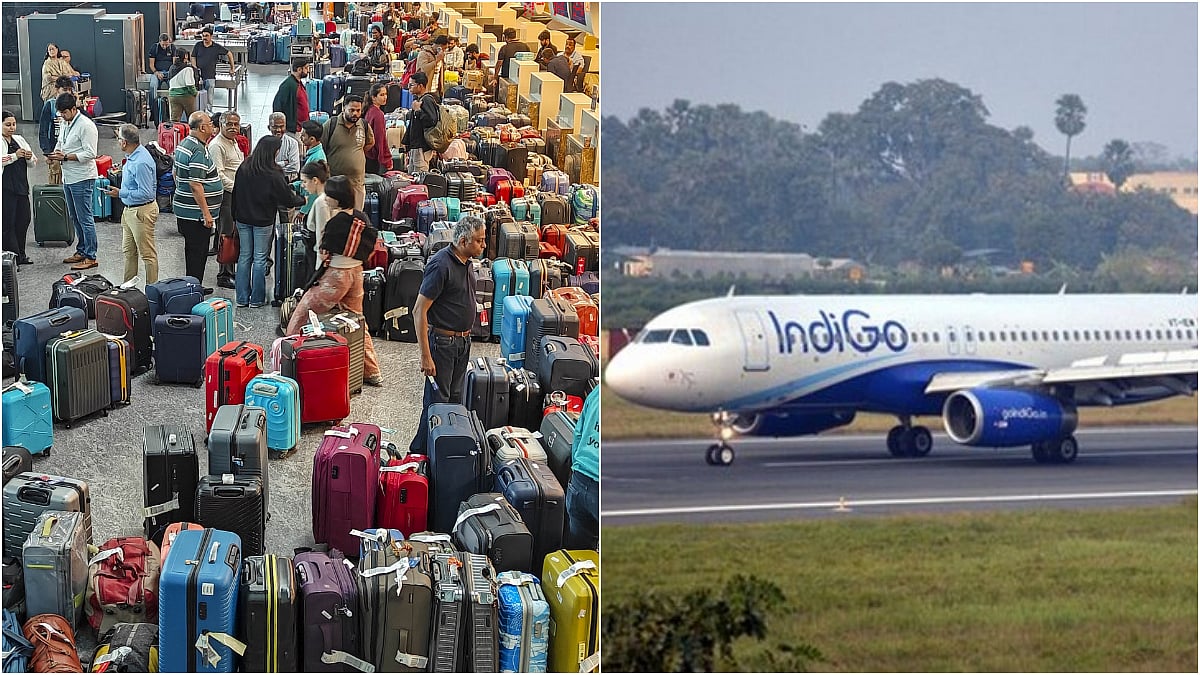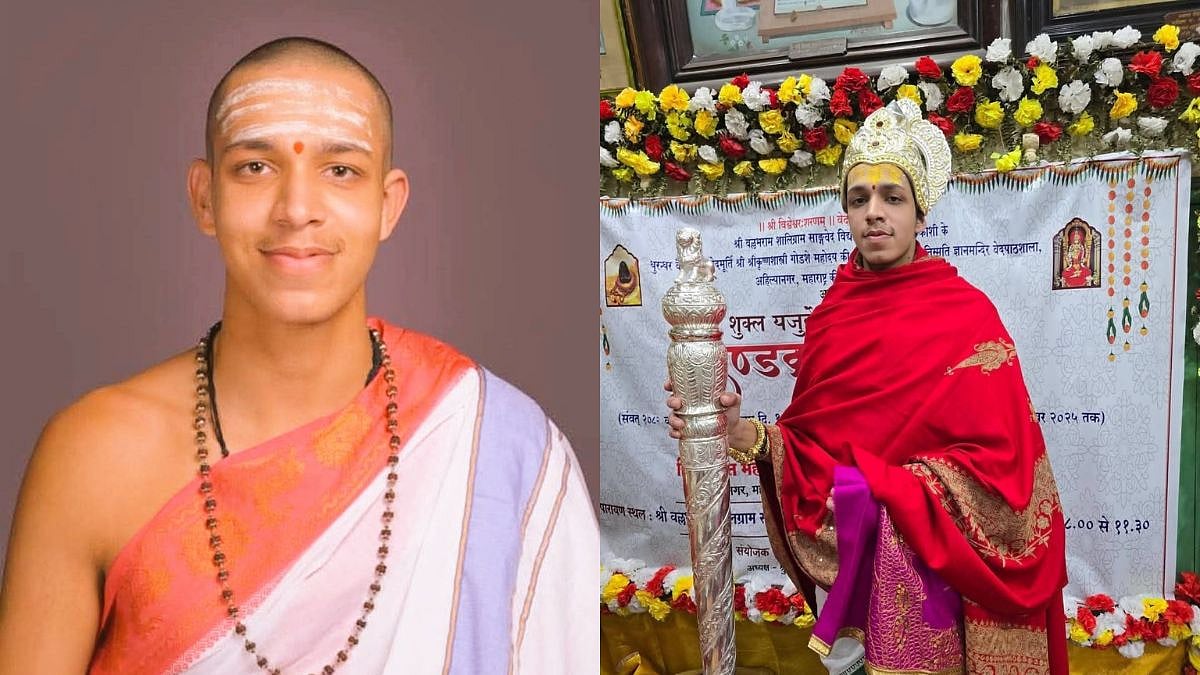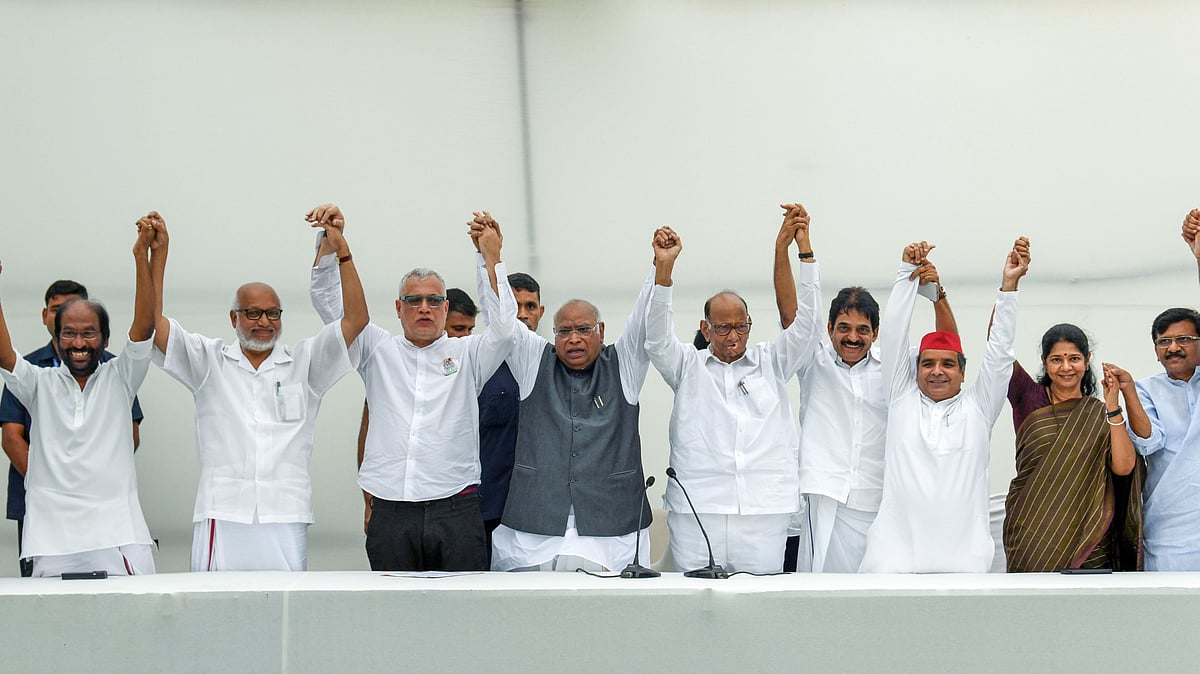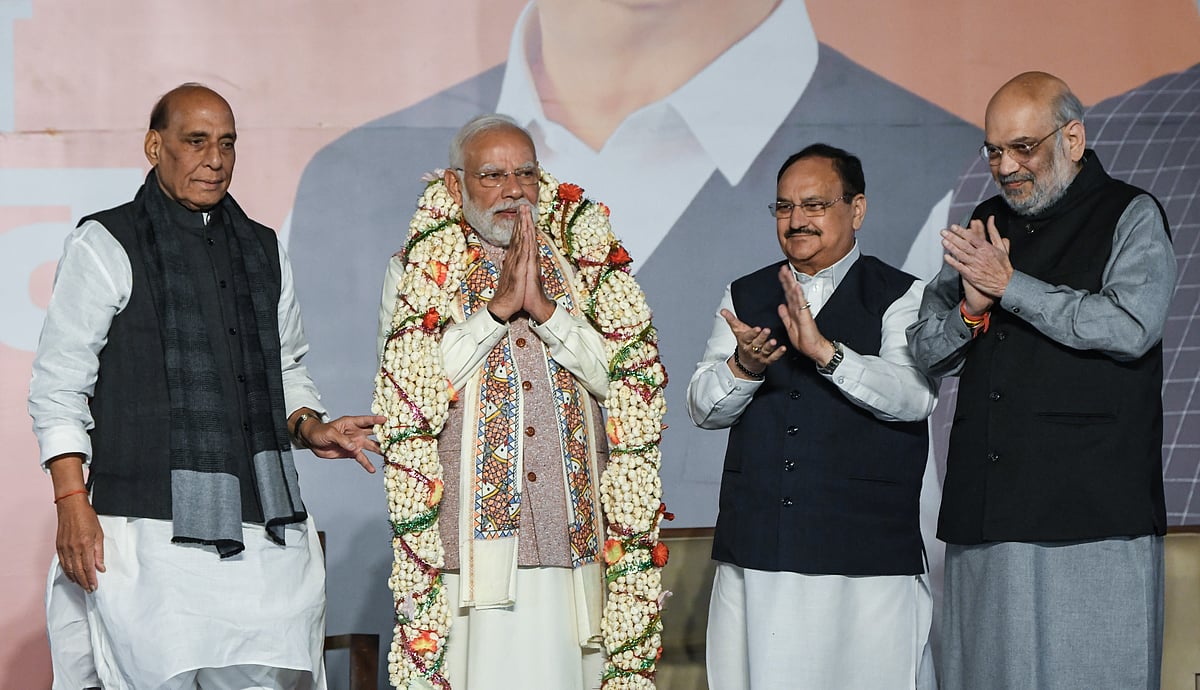The bar was so low for the Donald Trump-Kamala Harris presidential debate on Tuesday night (Wednesday morning India time) that instead of genius moves from either side, just the fact that there were not many unforced errors meant that it was a huge success. Harris excoriated Trump, and the general consensus among the world’s political pundits was that the Democrats came back strongly after the June debacle of the Joe Biden performance that pushed him out of the race and put Harris front and centre.
Harris won because she came prepared. She was ready with answers that sidestepped her association with questionable policy decisions of the Biden administration, and at the same time, she knew her plans. She even timed the insults and the barbs against Trump to perfection. She needled him over his political rallies, and she taunted him over his felony convictions. Trump on the other hand, stuck to this playbook, like an average student that comes prepared for an exam by rote learning.
The debate’s moderators (questions are not shared with the candidates in advance), as expected, focused on key issues facing America: the economy, abortion and reproductive rights, immigration along the southern border, inflation, foreign policy, Israel, Russia, Ukraine. Harris had answers to all of them, and while she did sidestep some of the prickly issues, she did it with practised ease. Trump on the other hand, was all over the place, as he usually is. Structure is anathema to him, and he rarely, if ever, manages to remain on message. He has said so himself several times. There’s a reason he does this, and we will get to that soon.
Trump’s rambling, meandering and often nonsensical answers have become so normalised that neither the Republicans nor the Democrats think much of it. Contrast that with how the Democrats literally forced Biden out of the race because of incoherence during the June debate.
There is a problem for the Democrats, though. No matter what Harris’ performance would have been on Wednesday, it does not guarantee a victory on November 5. Trump’s base, which follows a cult of personality rather than the traditional conservative ideology of the Republican Party, does not care how he speaks, what he speaks and what his biases are. Because that is exactly what they will be voting for.
Trump supporters will vote for him not just because of his ideology, but because they hate — it is a strong word, but that is the reality — the Democrats. Also, Harris is a woman, she is biracial, and she is intelligent. It is the perfect trifecta of the bigotry that Trump professes.
Therefore, whatever Harris said during the debate would have no impact on Trump’s committed voters.

It is the undecideds, however, that could be swayed. There are millions of undecided voters in the US who do not want Trump as President, and at the same time, are not aware of Harris’ record as administrator. This is the only positive outcome for the Democratic nominee from the debate, albeit an important one.
There are at least four points from the debate that the Democrats will want to make a hue and cry about. One, Trump’s defence of the January 6, 2021 riots in Washington, which nearly brought down the Democratic process in the US. He denied outright that he had a role in it, despite the fact that it is on record that he had egged on the rioters.
Two, Trump’s flip-flops on abortion and reproductive rights that have exacerbated the already-compromised healthcare options for pregnant women. In several Republican states, the government has made it a criminal act to help women get access to abortion care, even for rape and incest survivors. Harris characterised this as immoral.
Three, Trump has no plan on health care. Audaciously, and funnily, he told the debate moderators that he has a “concept of a plan” on health care. He has been exposed to the fullest extent on this topic.
Finally, on immigration, Trump spewed such nonsense — including a wild conspiracy theory about Haitians eating pet dogs in Springfield, Ohio — that memes started flooding social media moments after he uttered these words.
The Harris campaign has a major problem in terms of polling numbers. This seems to be the tightest race in several decades, with hardly anything separating the two. We will have to wait a few days whether the debate has resulted in a polling-bounce for Harris. However, recent history suggests that this bump is temporary, if at all. Soon after the Democratic Party’s national convention when Harris accepted the party’s nomination for President, it was expected that there will be a surge in support for her. Nothing of that sort happened.
The American electorate, like its society, is deeply divided. In the final equation, the two primary factors that will determine the election will be the voting pattern in the seven swing states, and the so-far-undecided independent voters. The national average of polls suggests that both Harris and Trump are neck-and-neck in almost every state, making it too close to call. In the swing states, a few thousand votes here and there could eventually determine the outcome in each of the swing states of Pennsylvania, Wisconsin, Nevada, Michigan, Arizona, etc. In a country of more than 330 million people, it is remarkable that a few hundred thousand votes could define its destiny.
Sachin Kalbag is a former Washington Correspondent and editor of Indian newspapers. Email: sachin@takshashila.org.in. Twitter: @SachinKalbag
.jpg?width=1200)









